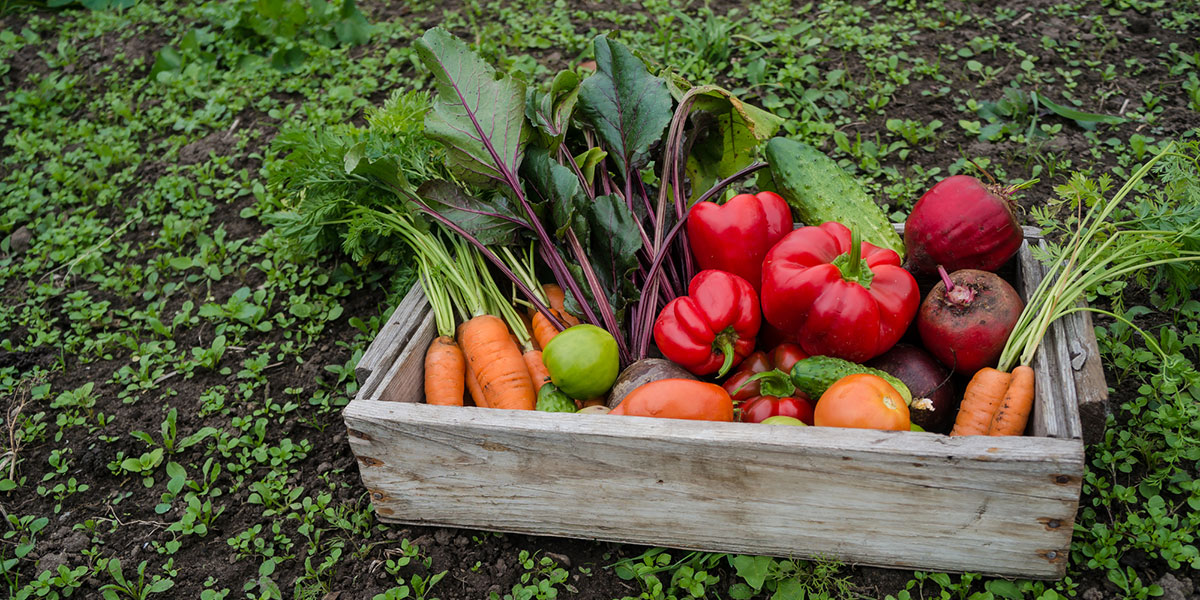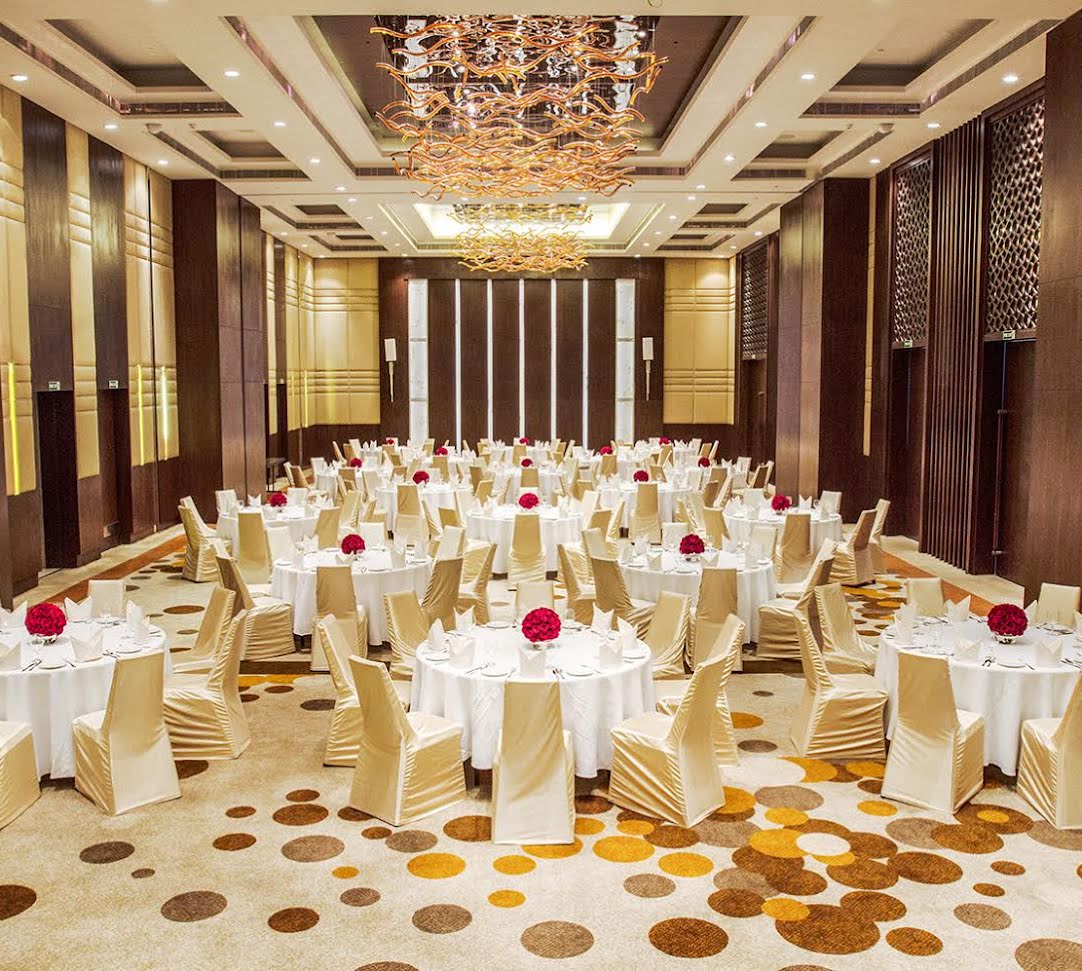
Vineyard and Winery
Wine Production: Our vineyard specializes in growing high-quality grapes for winemaking. We produce a variety of wines, including red, white, and blends. The winery will handle the entire process from grape harvesting, crushing, and fermenting to aging and bottling. Our wines will be sold locally and exported to markets in India and the Middle East. Wine Tasting and Tours: Visitors can enjoy guided tours of our vineyard and winery, experiencing the winemaking process firsthand. Wine tastings will be offered in a dedicated wine tasting room, allowing guests to sample our finest selections
Cottages
Luxury Staycations: We offer five luxurious cottages constructed from bamboo and rammed earth, providing an eco-friendly and comfortable staycation experience. These cottages are designed to blend seamlessly with the surrounding vineyard, offering guests a tranquil retreat. Tourist Attraction: Positioned near Niagara Falls, our cottages attract tourists seeking unique, sustainable accommodations close to a major tourist destination.


Bar and Restaurant:
Authentic Indian Cuisine: Our restaurant specializes in authentic Indian cuisine, setting us apart from other wineries. Guests can enjoy a variety of traditional dishes, enhancing their overall experience. Bar Services: The bar offers a selection of our wines, as well as other beverages, providing a relaxing space for guests to unwind.
Agricultural Products
Bamboo Cultivation: On our open farmland, we cultivate bamboo for various uses, including producing bamboo pulp-based molds to replace plastic, bamboo-based fabric for toilet tissue papers, activated bamboo charcoal, and high-quality textiles. These products contribute to sustainability and provide additional revenue streams. By integrating these diverse and sustainable offerings, Komandla Estates LTD aims to create a unique destination that combines viticulture, eco-friendly hospitality, and innovative agricultural practices. This comprehensive approach ensures that we cater to a wide range of customer needs while promoting environmental stewardship and sustainability.


Banquet Hall
Event Hosting: Our bamboo-based banquet hall provides a unique and eco-friendly venue for weddings, parties, corporate events, and other celebrations. The hall's design incorporates sustainable materials, offering a beautiful and environmentally responsible setting. Greenhouse Integration: The banquet hall is integrated with a one-acre greenhouse where we grow bamboo shoots and a variety of flowers like tulips. This adds to the aesthetic appeal and provides a serene, natural environment for events.
Sustainability Initiatives
Bamboo is one of the most sustainable and versatile materials that can be used for various purposes like construction, artifacts, flooring, home decor, etc. Bamboo can be a key material to achieving Canada's commitment to net-zero emissions by 2050. The construction industry is the largest consumer of natural resources and producer of carbon gas emissions on the planet. Along with other governments that signed the Paris Agreement,the Government of Canada has commited to ambitious goal of reducing Canada's total greenhouse gas emissions to 40–45% below 2005 levels by 2030 and reaching net zero by 2050. Even small improvements in construction industry efficiencies can have significant impacts on global and national carbon output. The carbon footprint to harvest, process and produce industrially processed bamboo members, as a sustainable replacement to existing traditional construction material, is -500 kg/ton. Meanwhile, the released CO2 for the production of 1 metric ton of concrete, cement, and steel are +180, +1250, and +2020 kg/ton, respectively. When it comes to mechanical properties, several species of bamboo have shown mechanical strengths that are superior to timber, and construction steel in terms of strength-to-weight ratio. The fact that bamboo grows rapidly and matures to maximum strength within 3– 5 years allows the material to be harvested more quickly than softwood which requires 20–30 years to reach maturity. Moreover, bamboo forests have up to four times the carbon density per hectare of spruce forests over the long term.

